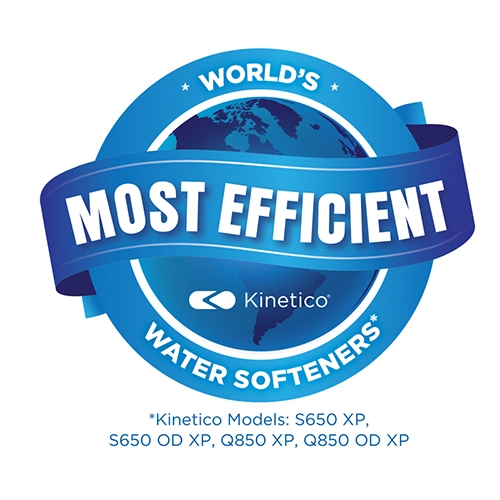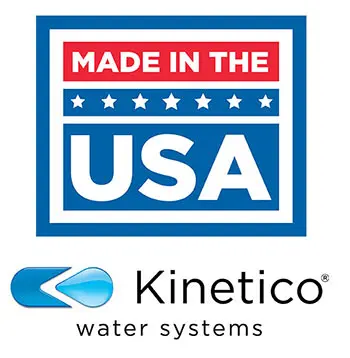Do Water Softeners Remove PFAS?
99% Client Satisfaction
Industry Leading Warranty
Family Owned & Operated
Emergency Services
Financing Available
Do Water Softeners Remove PFAS?
The world of water purification is a wide-ranging one and it is easy to confuse one process with another. With the current level of public concern about PFAS in drinking water, the American public is looking for solutions, and the simpler the better.
Commonly known as forever chemicals because they are so hard to break down, the PFAS family includes GenX, a compound developed to replace PFAS once the health hazards had become public knowledge, but which turned out to be just as harmful as the originals.
The idea of water softeners is to remove calcium and magnesium from the water, replacing them with sodium or potassium (by means of ion exchange, but you don’t have to understand what that means or how it works – just enjoy the result). It is the calcium and magnesium that can make your skin feel a little crusty and your hair less silky than I should be, even when you just had a shower and used shampoo.
Water softeners do not remove impurities that can cause health issues, and that includes everything from “traditional” hazards such as lead and arsenic to the new bad guys, PFAS. These are chemical compounds originally developed for their ability to resist one thing sticking to another (as used in coatings for cooking pans) and useful for their water-repellent qualities, being widely used now in outdoor clothing.
So, the answer is NO: water softeners do not remove PFAS, but that is not to say PFAS cannot be removed or substantially reduced by means of filtration particularly reverse osmosis systems. Water softeners are not in the filtration business. They make water “softer”, which is a physical effect that makes taking a shower or a bath leave us feeling as smooth and clean as we feel we should.
Water softeners are popular in areas where water is considered hard, whether it is public water or comes from a private well. They can be regarded as part of our overall quality of life, something which is in our power to improve, but which has no effect on health.
The fears surrounding PFAS are based on findings that suggest they may be linked with certain cancers, liver function, cholesterol levels, issues in pregnancy, and a host of other complaints, so it is recommended that householders check PFAS levels in their water.
Although the US is well catered-for as regards pretty much the entire population having access to good quality running water, this comes from rain that has seeped through the soil and rock, taking with it all manner of impurities, so it is likely to need some form of purification to bring it up to the standard required for safe drinking.
Municipal water, supplied by the local government, is closely monitored and treated to ensure safety. If your supply comes from a well, the responsibility lies with you, and getting it tested annually is a sensible precaution. This can be done by sending a sample to a certified laboratory. Professional water purification companies provide this service in addition to their long-standing list of testing procedures. They can also take care of water-softening as part of an overall program of water improvement.








